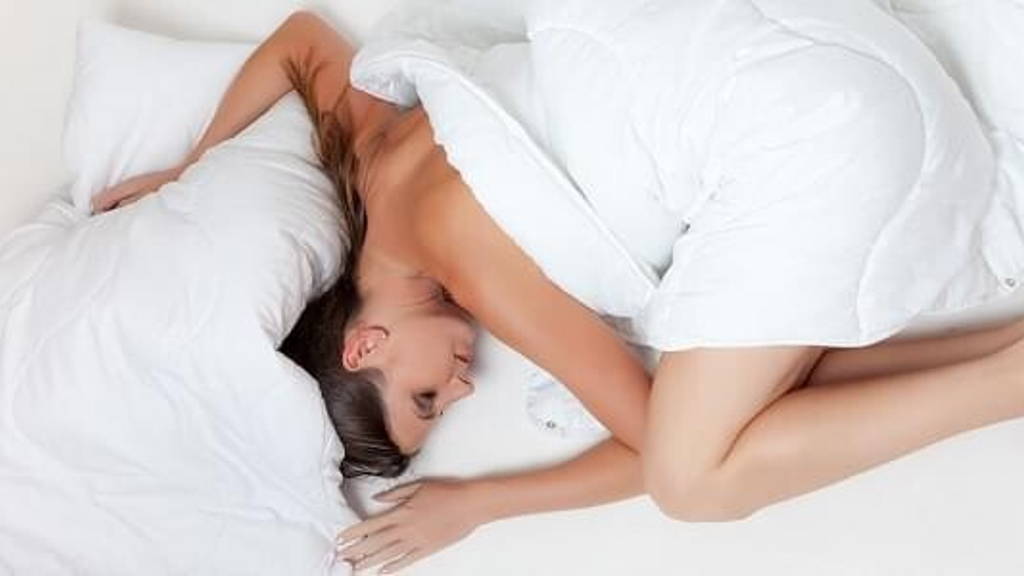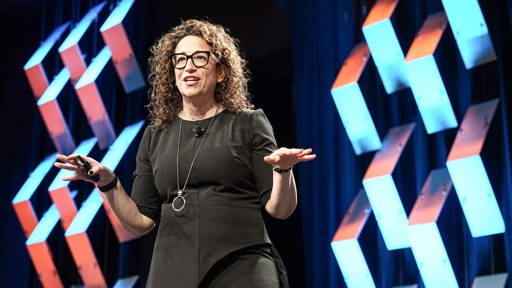“The power of the sleep message has been blunted for years, because we haven’t really had a metric,” said David Cloud, CEO of the National Sleep Foundation. “To the extent that we can measure sleep, we can drive behavior change, and with that, unlock the true power of sleep and its connection to health.”
Sleep tracking isn’t new, but the reliability is. Wearable trackers can not make a difference between someone sitting on the couch or someone sleeping. And when you have to put in data manually, we rely on the users honesty. The combination between a mattress syncing with wearables and apps is much more reliable.
The data is multi functional. People can get insight on which mattress works best for their health or for instance hotels can learn more about the needs of their guests in order to equip the room with perfect conditions for coming guests. “It’s the opportunity for sleep tracking to innovate and visualise a future era where there are “hundreds of thousands of millions of people giving their data”, Lloyd Sommers of ReST, which makes smart mattress, said.
Measure snoring
Lasse Leppakorpi of Finnish sleep tech company Beddit, recently announced the company’s Beddit 3 Sleep Tracker, available in select Apple retail stores around Finland. It’s a device with a thin and flexible sensor on the mattress. It reads heart rate, breathing, temperature, humidity and even snoring. Via Bluetooth it’s connected with the users iPhone, integrated with the Health app. Twice a week the device makes a summary report of the sleep and breathing behaviour, which can be shared with doctors and therapists. “People are tired of inaccurate products, and now that we know how to do this, we are starting to create standards, because we have more criteria to judge from,” said Leppakorpi.Sleep tracking isn’t new, but the reliability is. Wearable trackers can not make a difference between someone sitting on the couch or someone sleeping. And when you have to put in data manually, we rely on the users honesty. The combination between a mattress syncing with wearables and apps is much more reliable.
Smart sleep furniture
“The idea of sleep wearables was a tall order, but the industry has a huge growth potential”, says Harry Wang of Parks Associates. The sleep summit not just covered how people sleep, but also where they sleep. “It’s a young industry with significant growth as sleep quality becomes trackable and improvable,” Wang said. “The new growth opportunity is with smart sleep furniture.”The data is multi functional. People can get insight on which mattress works best for their health or for instance hotels can learn more about the needs of their guests in order to equip the room with perfect conditions for coming guests. “It’s the opportunity for sleep tracking to innovate and visualise a future era where there are “hundreds of thousands of millions of people giving their data”, Lloyd Sommers of ReST, which makes smart mattress, said.








